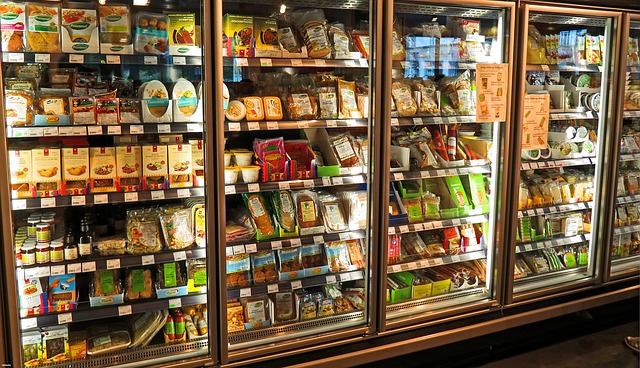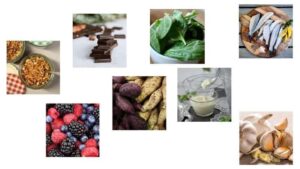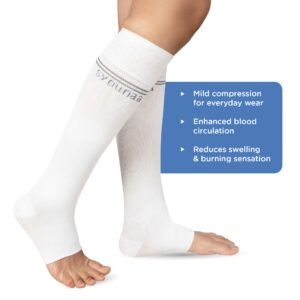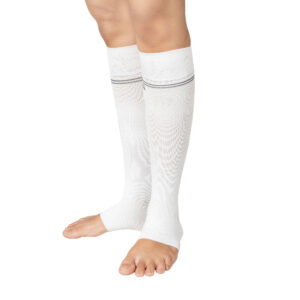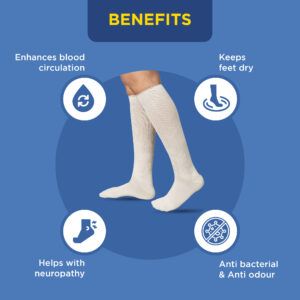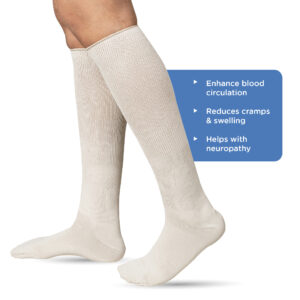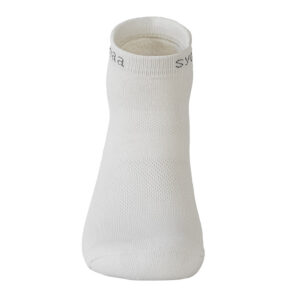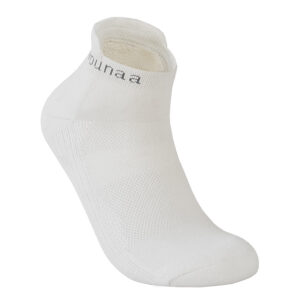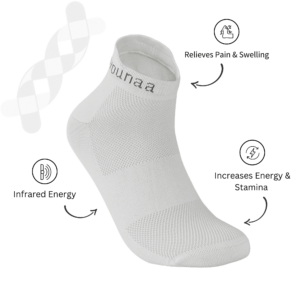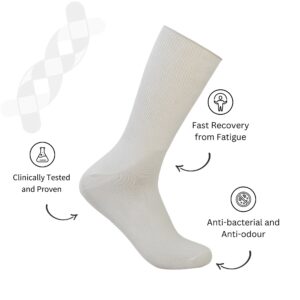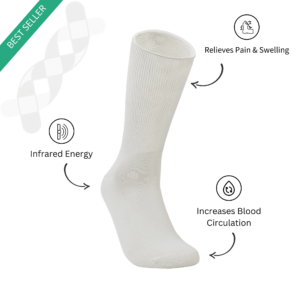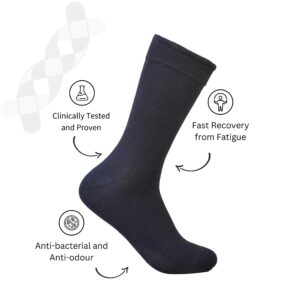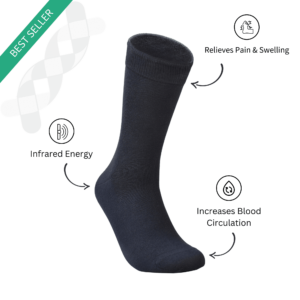Food labels can be misleading. For instance, something that is said to be ‘healthy’ may be loaded with artificial colours, flavours, trans fats and sugars. Diabetics and athletes look out for healthy options. While diabetics do it to control their raging blood sugar, sports men and women do it to improve their performance. Either ways, we are all on the same team.
In this article we will look at ways to read labels so that we can pick the right kinds of packaged food for our condition.
Naming Sugars
Companies have become really good at hiding the amount of sugars present in their products. They may label it as ‘no sugar’ but when you look at the ingredients, you will find them in other names. Anytime you see the word ‘sugar’ in the labels, it refers to refined sugar, or table sugar. However, sugars are often named with different words like ‘malt’, or ‘syrup’.
Here are some alternate names for sugar that companies use in their products:
- Sucrose
- High Fructose Corn Syrup (HFCS 55 or HFCS 90)
- Agave Nectar
- Molasses
- Juice
- Crystals
- Caramel
- Syrup solids
- Dextrose
- Maltose
- Fructose
There are more than 50 different names used for sugar and it is not possible to memorise all of them. A good trick is to search for words that end with -ose. Usually these words are indicative of a sugar. Sometimes you will find these words clubbed together like ‘coconut sugar’, or ‘malt syrup solids’, these are all sugars that have been extracted and refined from various sources.
When you are checking the ingredients, you must also check if any of the sugars are labelled on the top. Usually the ingredient that is most abundant in the product is labelled first and they are named in a descending order of abundance. So, if you see ‘sugar’ named once in the product but it is the first ingredient labelled in the product, it means that the food contains a lot of sugar.
Labelled ‘Healthy’?
This may sound counterproductive, but do not buy products that are labelled healthy. You will often find packaged food items labelled ‘low carb’, ‘diet’, ‘low fat’, ‘healthy’, ‘nutritious’ etc. You may instinctively want to buy it, but trust us when we say this, these products are nothing but unhealthy. Companies that sell these products are trying to target a specific customer base (usually diabetics, or those with weight issues), who want to start making healthier choices, but they do not want to compromise on the palatability of the food item.
So, companies form a bait. Where they show you, their product is healthy. Some labels may also use descriptions like ‘muesli bites’, ‘whole wheat goodness’ etc to market their products. When you check their labels, you will that it is as unhealthy as any other packaged food item.
Below are a few examples of how companies mislead you with labels.
Low Fat/Fat Free
Ideally if a product contains less then 1.5g/ml of fat in 100g/ml of the product, it is labelled as ‘low fat’. Similarly, if a product has less than 0.5g/ml of fat per 100g/ml of the product, it is labelled as ‘fat free’. However, these labels are often used in products that do not require fats to make them. For instance, sweet drinks do not have a lot of fats but that does not mean they are good for you. Companies often reduce the fat content on solid products and label them as low fat food products however, they compensate for the taste by loading it with sugars.
No Added Sugar/Sugar Free
Though the two terms may sound similar, there are slight variations in terms of what they mean. When a product says it has no added sugars, it does not mean the product does not contain any sugars. It simply means that the manufacturer did not add sugar to the product but the ingredients used may still be loaded with natural sugars and/or carbohydrates.
As for sugar free products, it means that the packaged food does not contain any sugars. However, containing no sugar may not be a good sign either. In many cases, manufacturers replace sugars with artificial sweeteners. One of the cheapest artificial sweeteners is saccharine which has recently been proven to cause cancer.
Naming Fats
Sugars are fats are primary things that we try to avoid when we want to invest on healthy food. But, manufacturers know this, and this is why they tend to hide sugars and fats in different names. According to the Food Safety and Standards Authority of India, it is mandatory to mention the amount of fats (unsaturated, saturated and trans fats) per serving. Ideally, you should avoid trans fats as much as you can. Keep in mind that manufacturers find a way to hide trans fats by using terms like ‘partially hydrogenated’, or ‘hydrogenated’ instead of trans fats.
Just like sugars, you must also check the ingredients and see where the fats are listed. Are they the first products to be listed? Or are they listed at the bottom? If they are listed on the top, it means that the product contains more fats. So, here are three things athletes, diabetics, and really just anyone who wants to be healthy, must check before buying packaged food items. Other than making the right dietary choices, regular workout and practice with the right footwear will keep you fit and agile. We hope these tips help you make better decisions for your fitness and dietary needs.

